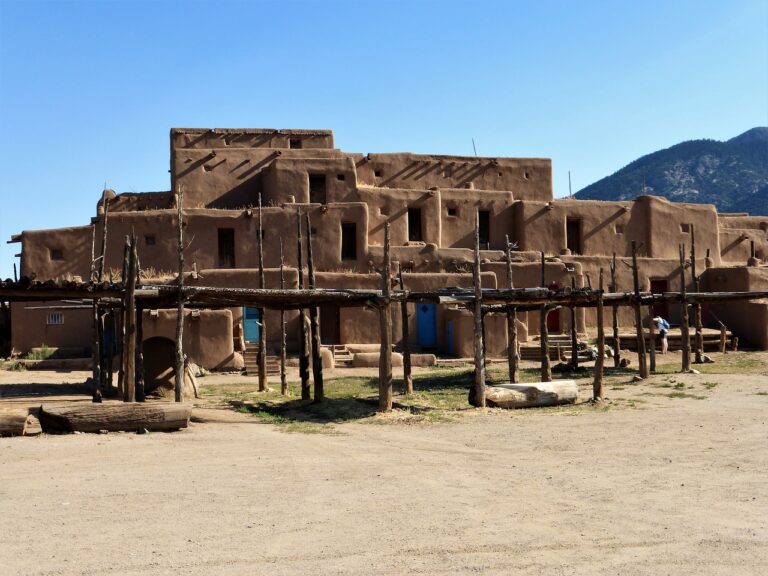The Impact of Social Media on Voter Outreach: World 7.com, Mahadev book login id and password, Silver exchange demo id
world 7.com, mahadev book login id and password, silver exchange demo id: The Impact of Social Media on Voter Outreach
Social media has become an integral part of our daily lives, influencing the way we communicate, share information, and even how we form opinions. With the rise of platforms like Facebook, Twitter, and Instagram, political campaigns have found a new way to reach and engage with voters – social media.
In recent years, the impact of social media on voter outreach has been profound. Political candidates and parties now have the ability to connect with a wider audience, target specific demographics, and mobilize support like never before. With just a few clicks, they can share their platforms, engage in real-time conversations, and even fundraise for their campaigns.
Here are some key ways in which social media has transformed voter outreach:
1. Increased Reach: Social media allows political campaigns to reach a larger audience in a shorter amount of time. With millions of users logging on each day, candidates can quickly and easily spread their message to potential voters across the country.
2. Targeted Messaging: Platforms like Facebook and Twitter provide tools for campaigns to target specific demographics based on factors like age, location, and interests. This allows candidates to tailor their message to resonate with different groups of voters.
3. Real-Time Engagement: Social media enables candidates to engage with voters in real-time. Whether it’s responding to comments, participating in live streams, or sharing updates on their campaign, candidates can establish a direct line of communication with their supporters.
4. Grassroots Mobilization: Social media has empowered grassroots movements and local organizations to mobilize support for candidates. From sharing event information to organizing volunteers, these groups can use social media to amplify their efforts.
5. Data Analytics: By tracking engagement metrics like likes, shares, and comments, campaigns can gain valuable insights into voter preferences and behaviors. This data can help them refine their messaging and strategy to better connect with their audience.
6. Fundraising: Social media has become a powerful tool for fundraising, allowing candidates to solicit donations from supporters online. Platforms like ActBlue and GoFundMe have made it easy for campaigns to raise money quickly and efficiently.
With all these benefits, it’s no wonder that social media has become a critical component of modern political campaigns. By harnessing the power of social media, candidates can effectively reach voters, engage with their supporters, and ultimately win elections.
FAQs
Q: Can social media influence voter behavior?
A: Yes, social media can influence voter behavior by shaping opinions, spreading information, and mobilizing support for political candidates.
Q: How can candidates use social media for voter outreach?
A: Candidates can use social media to reach a wider audience, target specific demographics, engage with voters in real-time, mobilize grassroots support, analyze data, and fundraise for their campaigns.
Q: What are some challenges of using social media for voter outreach?
A: Some challenges include navigating privacy concerns, combating disinformation, managing online trolls, and standing out in a crowded digital landscape.







